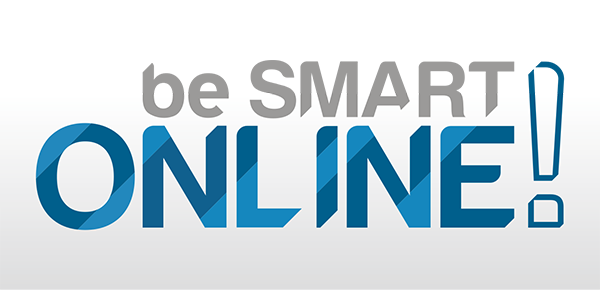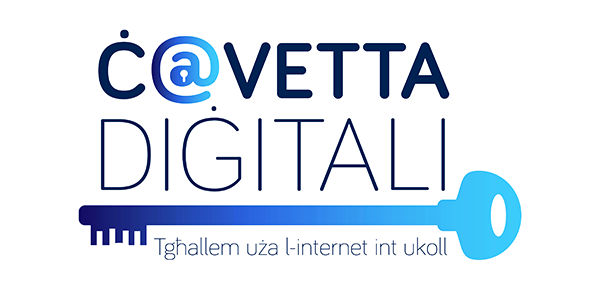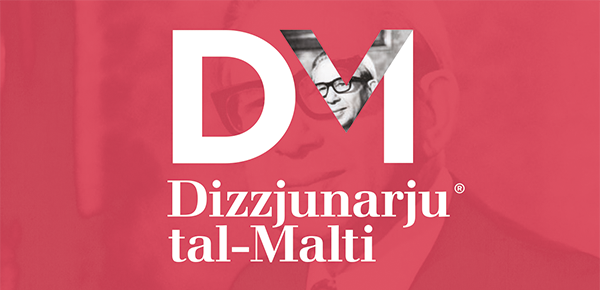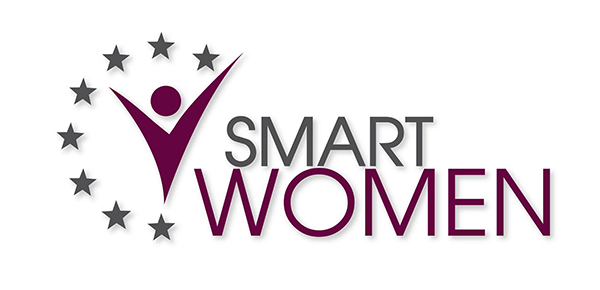Information Society
The proliferation of digital technologies and the Internet are associated with a digitally-enabled society, with evolving cultural, economic and technical constructs that have characterised amazing change in recent decades. We are in the midst of a continued digital revolution in the way we interact with each other, conduct business, manufacture goods, deliver services, live, work, and spend our spare time. New forms of technologies, such as the prospects of 5G, the Internet of Things, Artificial Intelligence and Blockchain are to become a reality in the not too distant future. This is the new gigabit society, where massive amounts of data will be generated, consumed and communicated through high speed connectivity channels. Being very much aware of these developments, the MCA aims for a digitally inclusive society where the benefits of digital technology will be felt by society at large, irrespective of the level of social stratification a person is in. Notwithstanding this dynamic scenario, the use of some of the more advanced digital services remains below that of European leaders. The MCA therefore needs to increase its efforts to promote the benefits that Information and Communication Technology (ICT) offer, looking beyond technology itself and working towards establishing an advanced information society (IS).
In so doing, one must remain mindful of the digital inequalities and challenges in the various fields of ICT which continue to develop and impact our daily lives. To address these digital divides in the Maltese society, the MCA conducts regular research to establish the nature of skills gaps which are proactively addressed by the development of a number of initiatives that the MCA carries out.
Latest Updates
MCA 2021 Annual Report & Financial Statements
Published On: Oct 20th 2022The MCA welcomes nominations for the eBusiness Awards 2019
Published On: Oct 22nd 2018Saħħti Onlajn
 Read More
Read More
The MCA will be launching the project “Saħħti Onlajn” in September. This training will consist of a one-time session aimed at demonstrating the benefits of using the myHealth portal.
The MCA eBusiness Awards
 Read More
Read More
The Awards have the aim of acknowledging unique and innovative ideas and initiatives in the use of web-based technologies and eBusiness for businesses and society at large.
BeSmartOnline!
 Read More
Read More
The BeSmartOnline! project concerts the efforts of national stakeholders working towards the safer use of the internet by children and youths.
DIGINV
The concept of the DIGINV (DIGigital INVasions for the Promotion of Cultural Heritage) project is to valorize cultural interest and practices by engaging citizens, cultural institutions and using technology as a catalyst. In the end, citizens engage and experience culture in a new way.
eSafety Label
As from January 2016, the Malta Communications Authority (MCA) has been recognised as the National eSafety Label Administrator in Malta.
Ċavetta Diġitali
 Read More
Read More
Following the positive feedback received from all centres in relation to the ‘Leħen Diġitali’ sessions, the Parliamentary Secretariat for Rights of Persons with Disability and Active Ageing and the MCA, developed a new training programme, targeting senior citizens.
Dizzjunarju tal-Malti Onlajn
 Read More
Read More
Dan id-dizzjunarju onlajn beda mill-ġabra flimkien tar-riżorsi kollha lessikali Maltin eżistenti. Xi wħud minnhom kienu diġa disponibbli onlajn, filwaqt li oħrajn ġew żviluppati bħala riżultat ta’ proġetti ta’ riċerka li saru minn akkademiċi u studenti terzjarji.
Smart Women
 Read More
Read More
The aim of this training program is to encourage online entrepreneurship amongst women, as well as to offer the necessary coaching that allows participants to put their business ideas into practice.

